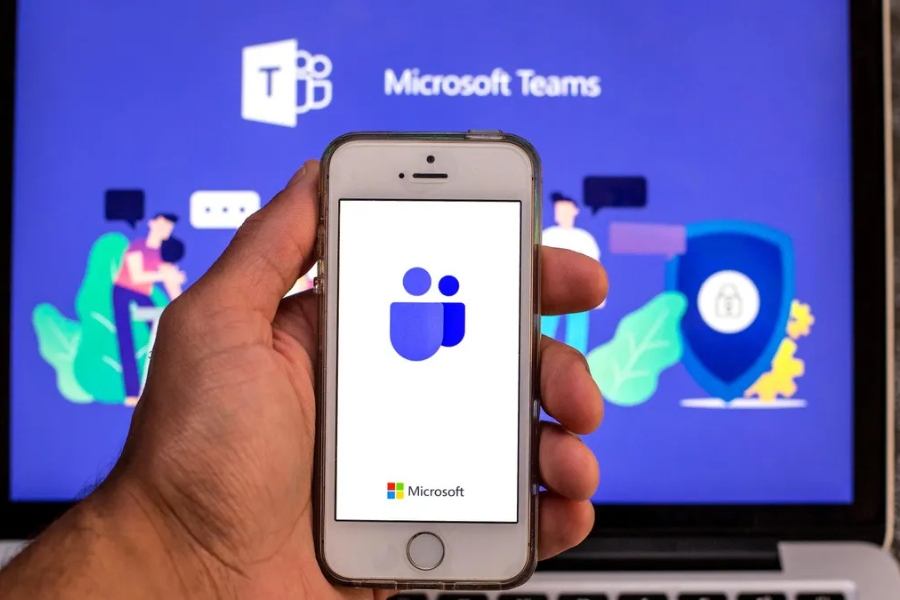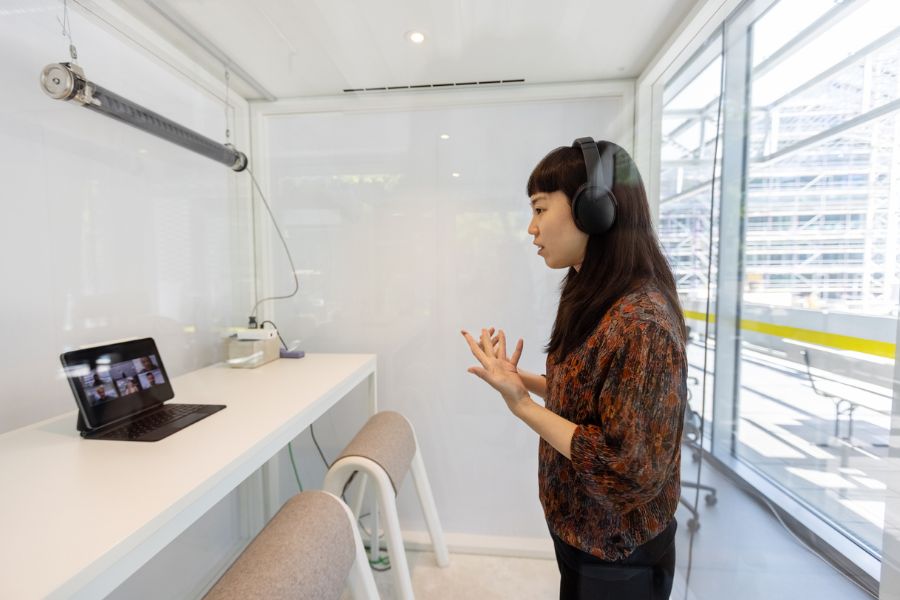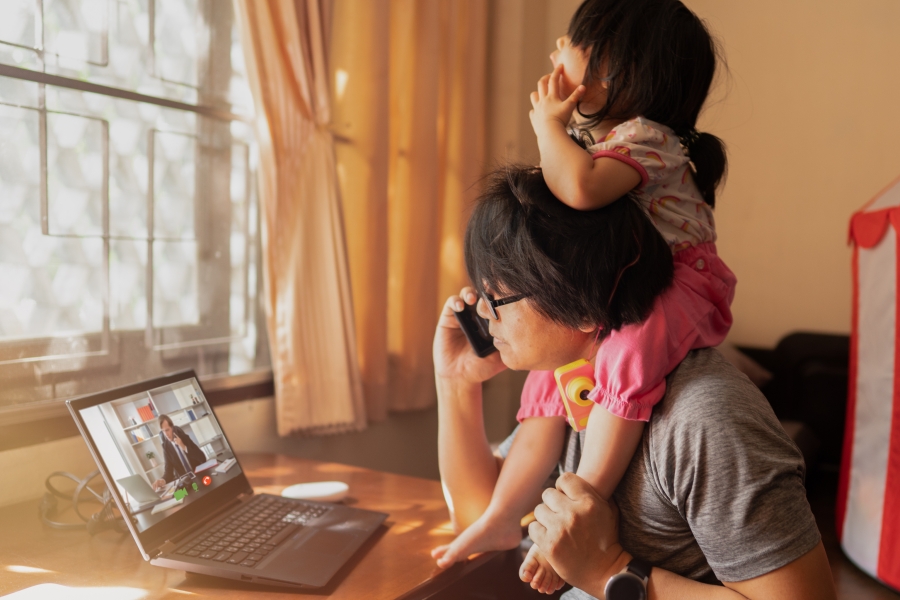January doesn’t just mark a fresh page in the calendar; this year, it also signals a continuation of the great office return. Marketers and creatives must prepare for increased presenteeism and reduced flexibility, as remote working is slowly replaced by office mandates.
A rapid return to the workplace is happening across the industry. Publicis is enforcing three days in the office and mandatory Mondays, as others such as Deutsch LA, Chipotle, BlackRock and Nike increase the days staff are required in the office.
But after the last three years of flexible work and freedom, will people be able and willing to return to old office culture? Many have held down jobs while living in different cities. You could work in New York and live on the West Coast, or even be beach-based in Bali. How, where and when people worked has been reshaped, and companies gained access to a global talent pool.
Now, as days at home are eclipsed by hours in the office, many might move freelance, while others might be forced into temporary contracts due to redundancy.
The rise of freelancers
I predict we’re going to see a rise in freelancers this year, and research backs that up. A recent study from Fiverr pro found that 80% of marketing leaders know of marketers who have gone freelance as a result of layoffs or return to office policies; and the majority of marketing leaders (54%) had more freelancers on their staff in 2023 compared to previous years.
Whatever the reason, companies could face pushback from people unwilling to compromise on their newfound work life balance or location. Campaign US’ return to office survey found that advertising employees prefer hybrid, flexible working. Can the old ways return without unrest?
As budget contraction leads to redundancies, leaders might need to replace permanent people with contractors, or outsource more services to meet project demands. AI and new systems are upending team structures, and as agencies try to adapt, they might well rely on temporary people. In some cases, putting office mandates in place could be an excuse to fire staff.
People’s priorities and circumstances have changed, and as employees are forced into or start seeking more freelance gigs, brands and agencies must prepare to rethink their workforce strategy.
The benefits of freelancers
Before I became a founder, I launched my career freelancing, and I’ve spent much of it moving between contracts. I’m a huge advocate of building flexible/hybrid teams. I built my post-production agency, POD LDN, with flexibility at the center.
Freelancers and vendors bring a silent and highly efficient support system to the industry. They can pick up jobs, get them done quickly with minimal fuss and they only bill for the hours they work. They can also provide specific skills that a company might not need in-house full time.
But there are downsides to freelancing, too. For freelancers, it can be unpredictable – feast or famine – when it comes to finding work or getting paid. For clients, freelancers can be hit or miss, and a lack of governance can be challenging. Trusted vendors can take some of the pain out of the process at both ends.
How to prepare for hybrid work
Leaders can be more inclusive of freelance staff and build a positive culture for them by including them in company activities, even if they’re working virtually. Don’t forget to invite them to company outings and hold an online get together, too.
Working with freelancers and vendors offers opportunities to talent in other countries. Embrace that by engaging with talent from smaller markets, bringing new perspectives and diversity to teams. We worked with a hugely talented Egyptian artist on a film recently and her services cost far less than they would have in the U.S. We also gave her access to an entirely new clientbase.
Also, consider workplace wellbeing for everyone. It’s easy to shun the needs of temporary people, expecting them to look after themselves – but it shouldn’t be that way. Ensure you pay your freelancers and vendors on time; they have bills to pay, too. After all, you’re only as good as the people who work with you.
Agency culture is not for everyone
Of course, office work has benefits too. It allows for collaboration and sociability and makes us feel part of a team. And some tasks are better suited to being outsourced. But this culture doesn’t suit everyone, and we’ve seen burnout rise in recent years.
The security of a permanent role has slowly dripped away. And in a world that looks increasingly insecure, freelancing might well seem more attractive.
We’re used to living with uncertainty, so why not give ourselves more freedom and flexibility in exchange?
Adrienn Major is the founder of POD LDN.











